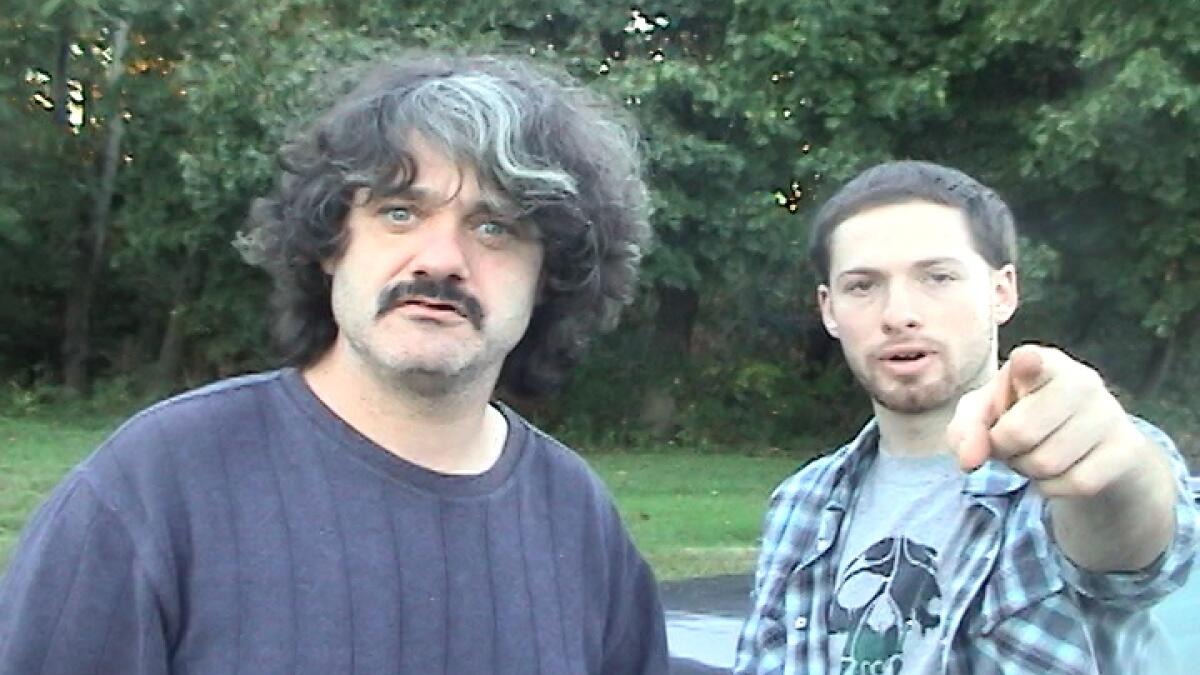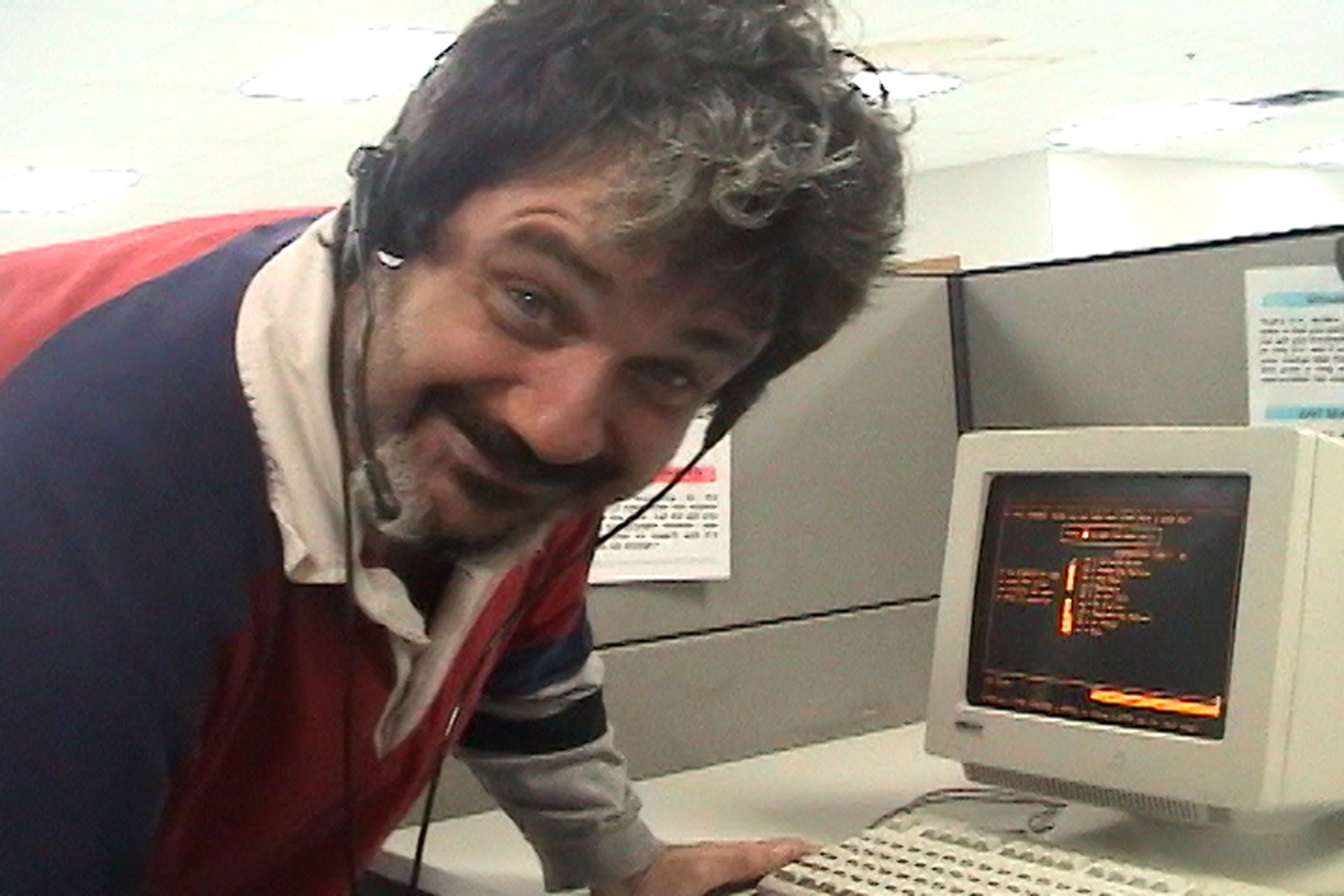Telemarketers is a three-part documentary series on HBO that reaches a frustrating and damning conclusion in its final episode. Sam Lipman-Stern and Pat Pespas, former telemarketers from CDG—considered the archetype of dubious telemarketing agencies—have dedicated the past two decades to investigating similar scams, culminating in this documentary.
CDG operated like a wild west of fraudulent fundraising calls, employing individuals unable to secure legitimate jobs, which minimized the chances of them questioning unethical practices.
The term “fundraising” serves as a deceptive label for a fraudulent scheme. The bulk of the money raised did not go to charitable causes; instead, it primarily enriched the executives of the telemarketing firm. The small fraction that did reach police organizations often ended up benefiting individuals rather than serving any real cause. Essentially, it has been and continues to be a grand deception.

Today, unsuspecting individuals at the other end of these scams are targeted by automated systems that utilize recorded messages from former human telemarketers, urging them to contribute through lines that exploit America’s political divides.
A deep-voiced caller claims to represent courageous police officers, falsely portraying them as victims of a biased media and insisting they are not racist. Who do you think responds positively to such manipulative rhetoric? For reference, the current president of the FOP is often seen sharing the stage with Trump at campaign rallies, and he was responsible for hiring CDG for fundraising efforts.
A particularly troubling realization from the documentary is not just that these fraudulent practices persist but that the police FOPs and conservative PACs that profit from them act as accomplices without fear of accountability.
A former FTC official remarked that Congress is the only body capable of addressing these major frauds and thefts committed by police. Can you envision Congress pursuing legal action against the police for such blatant wrongdoing, even when exposed to public scrutiny? I doubt it.
As one interviewee points out, “Who wants to be on the other side of the FOP?” Their power makes direct confrontation nearly impossible. Although the FTC attempted to target the fraudulent PACs using the same tactics and companies, those efforts were directed to Congress, resulting in no progress.
Ongoing Investigations and Exposés
This information is hardly a secret; journalists have documented these offenses for years. One reporter even recorded herself entering a telemarketing firm, only to be threatened and chased away by the company owner, who ominously claimed he would involve the police and knew her license plate number.
As Sam and Pat delve deeper into their investigation—culminating in a two-decade journey from comedic call-center videos to an HBO documentary—it becomes painfully clear that this criminal industry operates with the endorsement and protective involvement of police organizations, who conveniently receive a 10% cut of the donations.
The situation resembles organized crime in its operations. Pat and Sam encounter hostility at the hotels where they stay while investigating an FOP convention, with people closing ranks as soon as they see a camera.
However, the modern practices of telemarketing stand out as particularly disturbing. In one instance, Pat engages with a robocall, discovering that it features the voice of their deceased colleague. The company exploits this man’s recorded voice to impersonate a police officer and mislead donors regarding the allocation of their contributions. The ethical implications are disturbing.
These telemarketing calls are so pervasive and ingrained in society that it’s shocking how ordinary they seem to receive. Numerous Wikihow articles exist on methods to block these calls. Despite the existence of ineffective do-not-call lists, companies like CDG can shut down and subsequently sell their phone numbers to other telemarketing operations.
A Call for Accountability
The documentary presents a classic David versus Goliath scenario, extending beyond police unions; political PACs are even less accountable due to their First Amendment protections as political entities.
This is a clear act of fraud, which remains illegal regardless of the justification. Evidence of substantial bribes has surfaced, yet even the police involved in massive fraud scandals received minimal repercussions, often escaping serious consequences despite public exposure.
Sam and Pat travel extensively around Washington, D.C., engaging with the FTC, the FEC, and even a senator. Yet, no legal repercussions materialize. The fraudulent machinery continues to operate smoothly, consistently generating income. Pat goes undercover at a new telemarketing company and discovers that despite decades of lawsuits and media attention, nothing has changed.
The documentary, in its goal, summarizes twenty years of stories, evidence, and the emotional toll of this fraud, highlighting the deep and enduring friendship formed between Sam and Pat. Throughout the concluding episode, Pat’s genuine belief that this documentary project can enact real change stands out, especially considering past failures.
His conviction is something viewers wish could spread more widely, but the reality is that he is actively working to make a difference. Although he lacks professional interviewing skills, occasionally stumbling and misremembering names, he embodies the story’s hopeful spirit, even in a seemingly hopeless story.
As the heart of the project, his dedication to what he believes in adds value to the viewing experience. The complete documentary series is currently available for streaming on Max.



